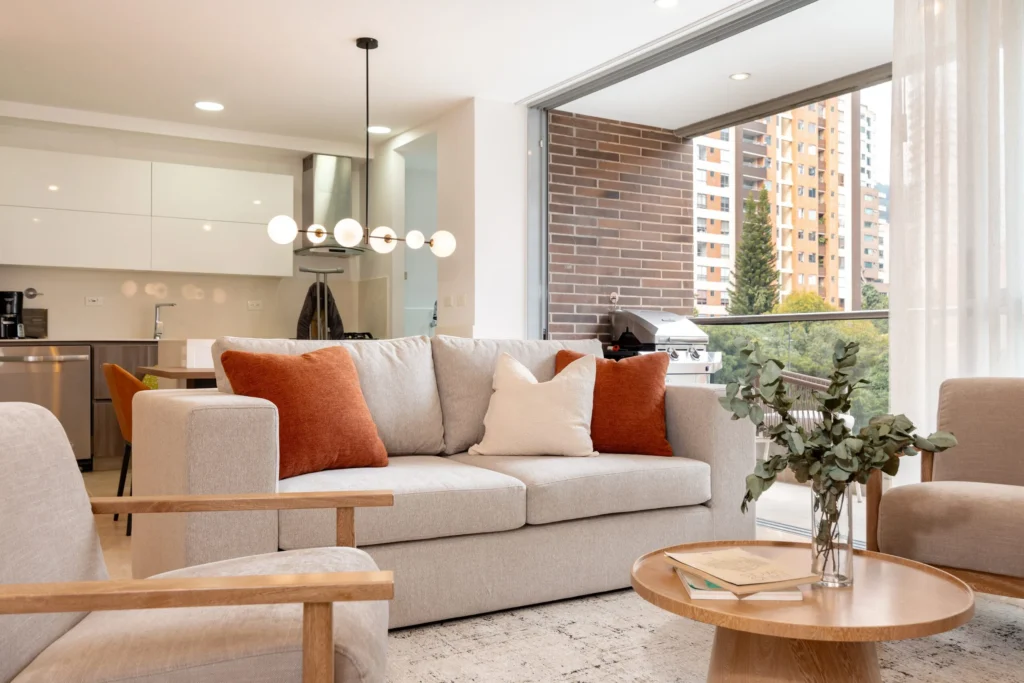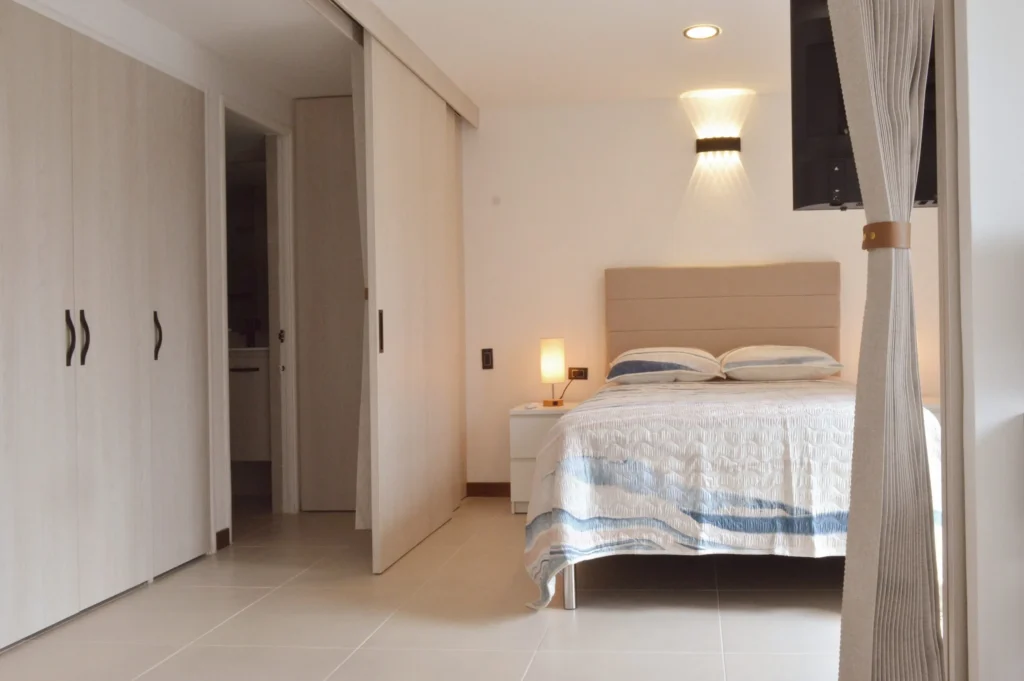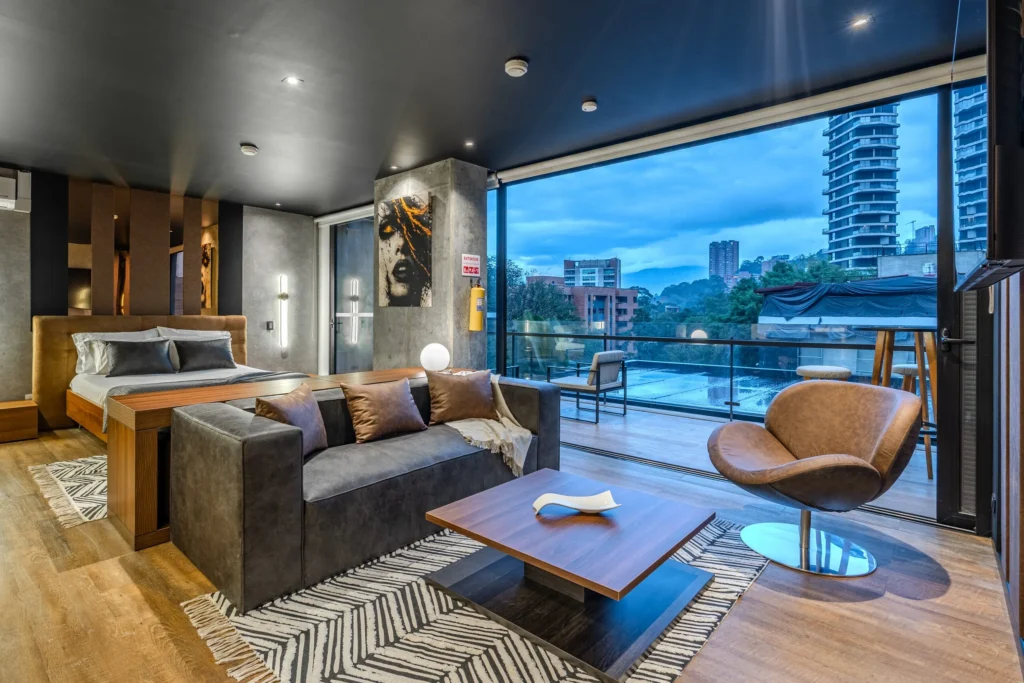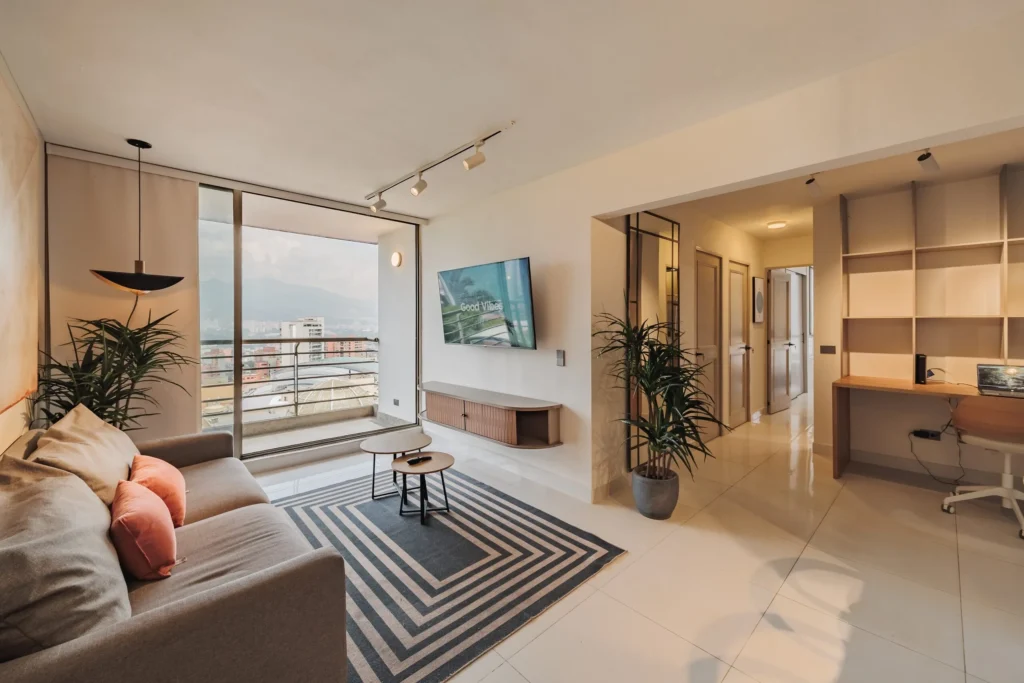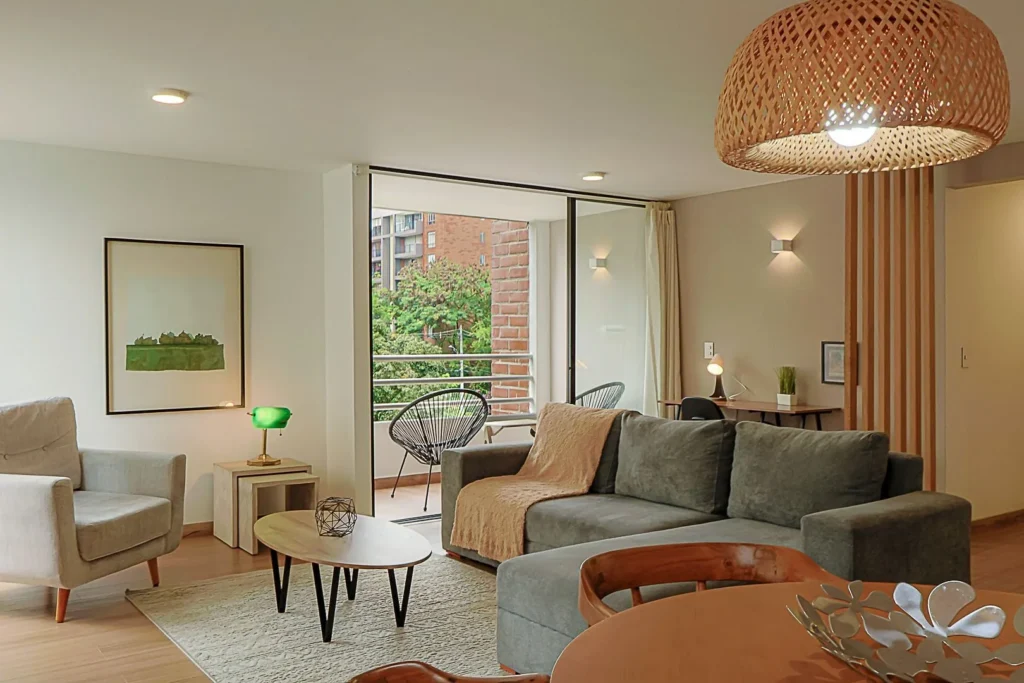TLDR? Hiking through the Caves of Higueron in Sabaneta is the best ancestral ecotourism tour of Medellín!
Medellin has activities of all kinds, but there’s little mention of the ecological walks and hikes where you don’t need to go far or leave the city.
In Sabaneta, less than an hour from downtown Medellín, you can find the best hiking activities, including an Ancestral Walk at the Caves of Higuerón.
Taking advantage of the fact that I was staying in Medellin, in El Poblado, very close to Sabaneta, I decided to learn some history while enjoying nature. Now, I’ll tell you about my journey!
Continue reading and learn everything you need to know about this walk!
What to Know About the Higueron Caves
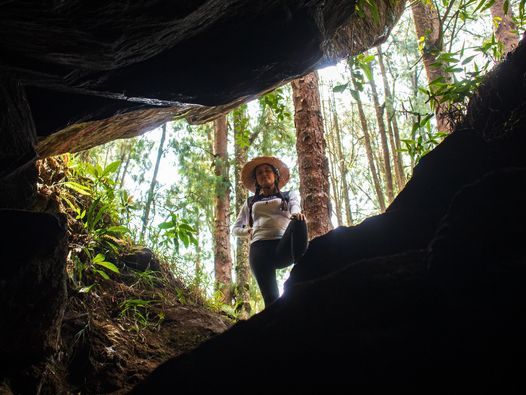
The Cuevas del Higueron are large rock formations with caves and stone walls in a natural space surrounded by vegetation and crystal clear waterfalls.
To access these caves, you’ll have to hike a trail that is part of Antioquia’s history. These routes, now walked by groups in search of ecotourism, were previously traveled by indigenous and Spanish people in times of the Spanish colony and used as roads to transport cocoa on foot.
For lovers of history, ecotourism, and culture, these places and tours represent an acknowledgment of heritage!
What to Expect When Hiking in Las Cuevas de Higueron
Did this historical and natural tour interest you? Below, I’ll tell you everything you need to know about this trip in detail, so you can plan and enjoy your experience!
How and Where to Get
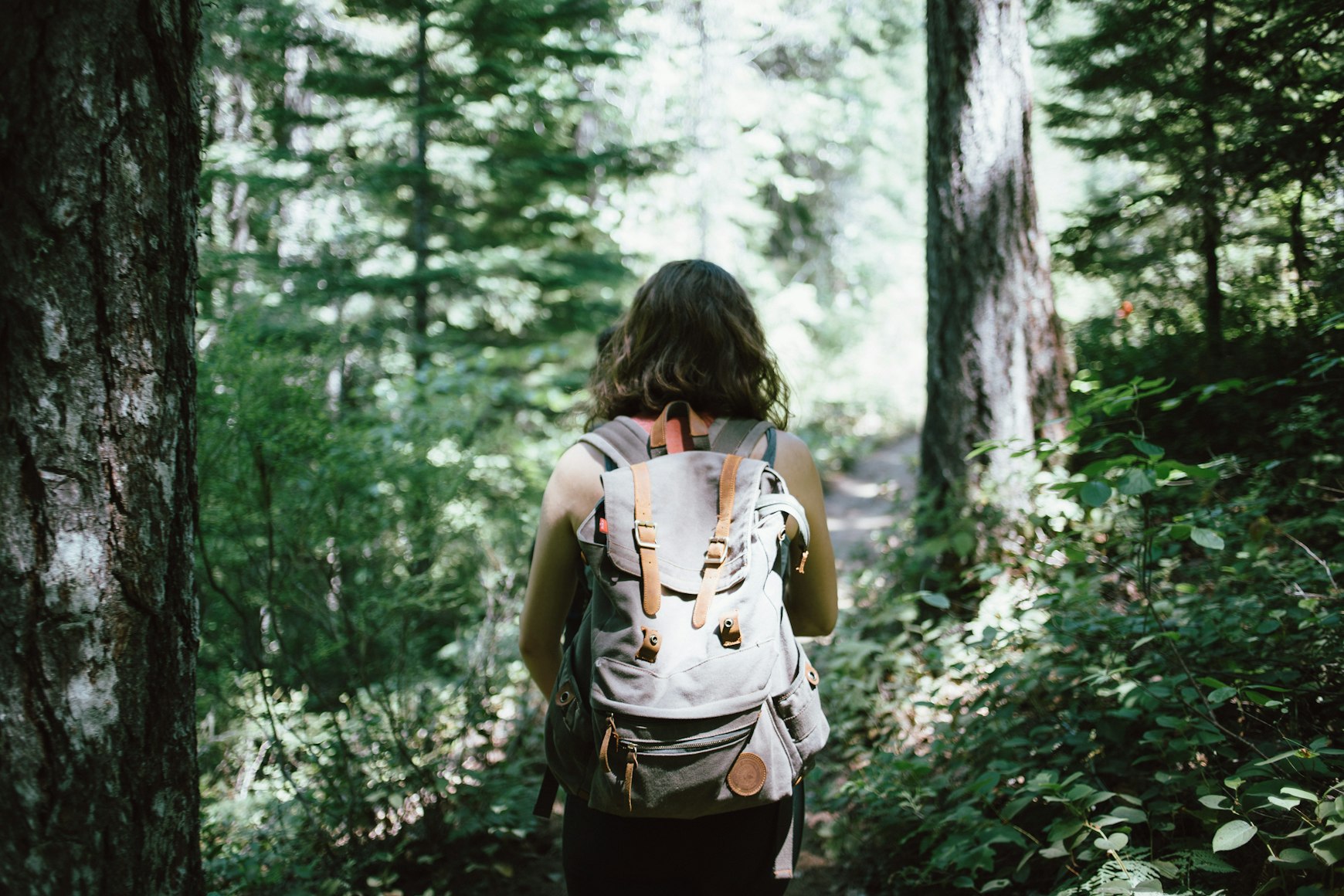
Like all these natural ecotourism and hiking activities, it’s necessary to meet very early with the team of guides and companions.
At 7 am, we met several people in Parque El Salado, located between Sabaneta and Envigado.
To get there, I took the Metro from Poblado Station to Envigado Station and then a bus from the same integrated system that says Parque El Salado. If you prefer to rent a car and move on your own, there are two alternate ways to get there.
The First Roads
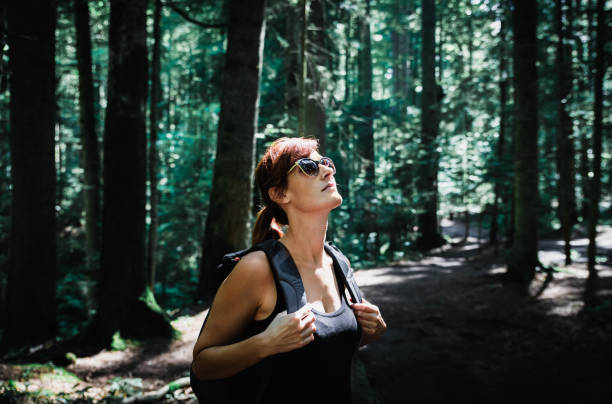
Without much preamble, the walk began. During the tour, we crossed rocky roads, some narrow and others wider, somewhat swamped and surrounded by many trees and mountains.
There were two main roads known as La Ayura and Los Aguacates.
Modified over the years, in the past, they connected Medellin with Rionegro and El Retiro.
It was an intense experience to share this ancestral and ecological meeting with paisas and people from other places! But this becomes even more fun and tactical when the guides recommend us to have a fellow route for more security.
An Ancestral Walk
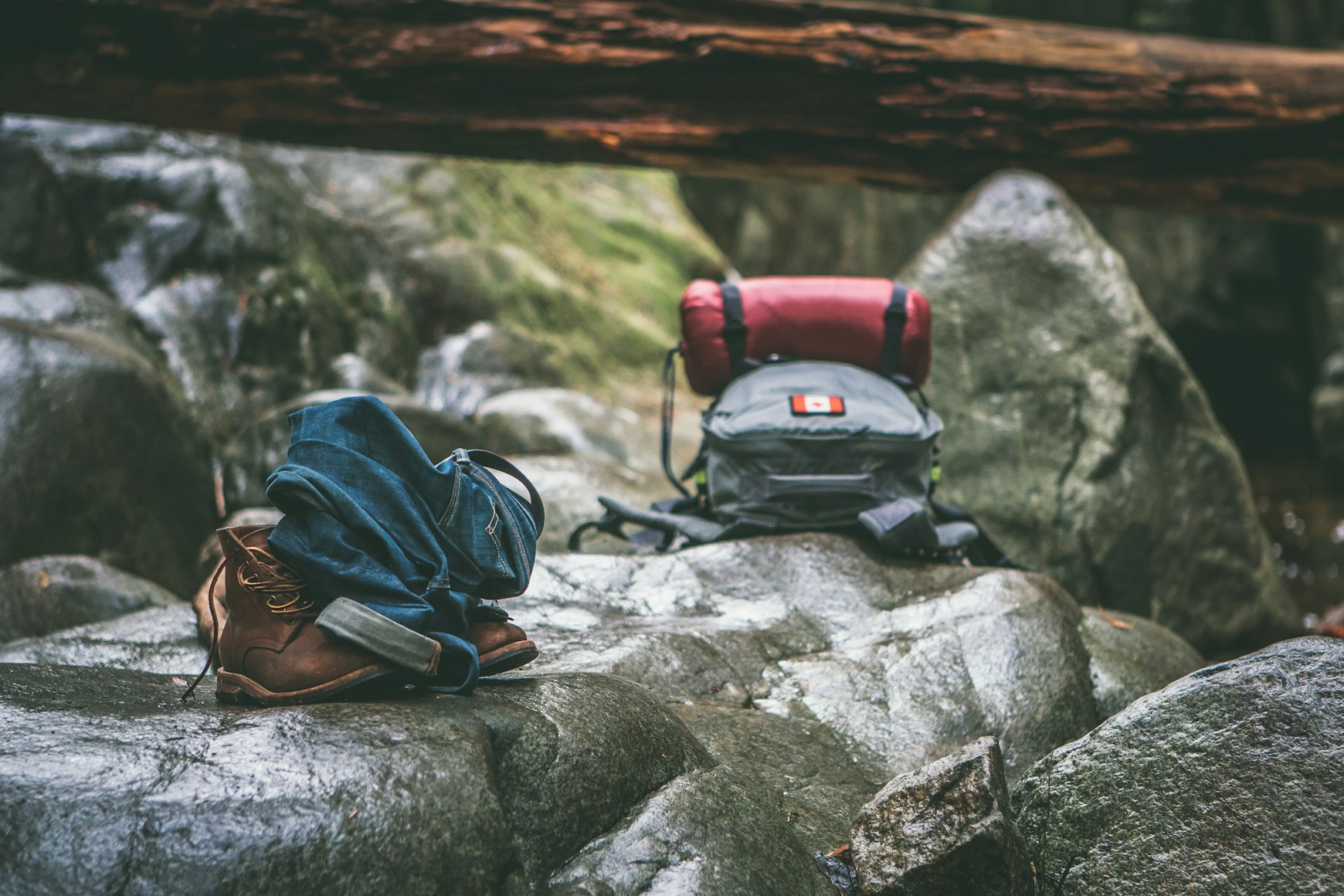
A few steps further, we crossed a bridge over a stream called La Ayura, like the road.
The indigenous people called it “Perico Ligero“, a name they gave to the sloth bears that abounded in the area.
The view of the city as you go up, full of birds and butterflies, was priceless.
We continued walking through a hamlet called El Vallano, which has a lot of history, as the guides mention. On that road, the indigenous freighters of Peru used to carry the Spaniards loaded on structures on their backs, transporting them on foot even to Bogota.
You may also find ancient rock art such as petroglyphs during the tour since it’s common in the southern area of Medellin.
The Caves
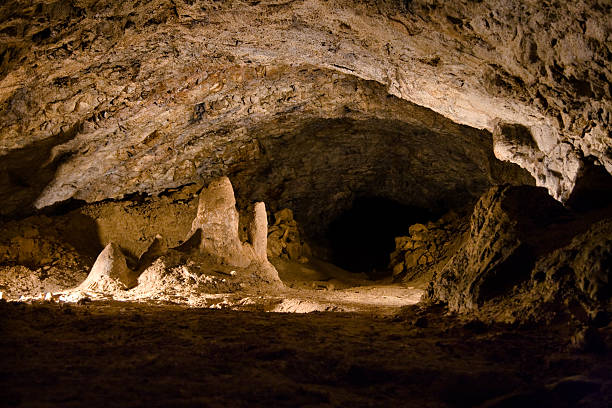
The most expected moment came when we got to the caves! Those majestic rock formations transformed over the years with human treatment but still retain their shape.
The guide tells us that, just over a decade ago, the caves tended to be longer internally and lost this space over the years.
And attention: the length affects whether it‘s a cave or a rocky outcrop, and those in Medellin tend to be rock shelters.
Finally, this enriching nature hike ended with a dip in Chorro de El Higueron. After that, we descended back to Medellin.
Additional Information and Tips
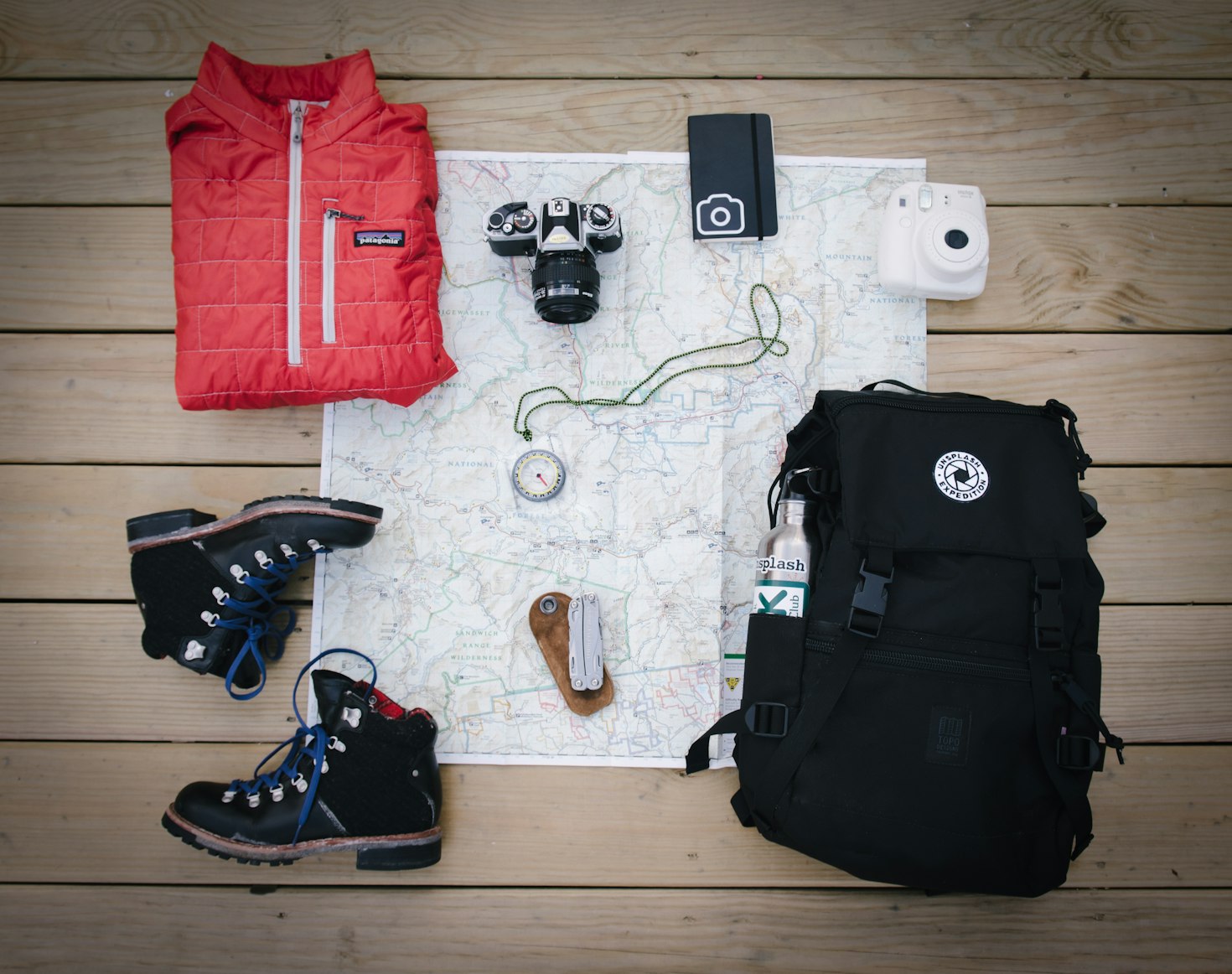
- For this tour, it’s advisable to have a good physical condition given the difficulty of walking along stone paths, swamps, and ascents.
- The tour lasts between five and seven hours and has a total of 5,6 miles (9km).
- Dress in comfortable clothes and shoes and bring protection from the sun and the cold, hydration, and foods that provide energy.
- Consult the hiking activities towards Cuevas de Higueron and make sure to go with a guide.
Schedule a Hike to the Higueron Caves
Are you ready to get to know this ancestral road of Medellin, its history, and go through some caves?
If you’re a lover of ecotourism and history, don’t hesitate to visit this heritage!
If you like this blog, you might like the Casacol Instagram page to keep up with all the new articles. Anything we need to update or correct? Care to contribute? Email us at blog@casacol.co.

